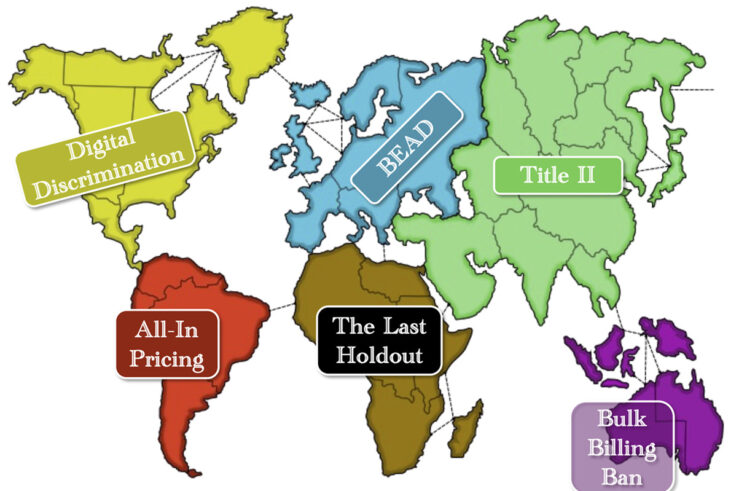With all the calls for more government supervision of financial markets it’s healthy to keep in mind what the public actually gets from this costly supervision.
In many previous posts (e.g., here, here and here) I summarized the SEC’s egregious incompetence in missing the Madoff fraud. When private firms mess up they get sued and punished by the market. But the SEC is very much still with us and relatively unscathed by this disaster.
Notably, a court just dismissed a suit under the Federal Tort Claims Act against the SEC by Madoff investors. The court applied the “discretionary function exception” to liability which excuses any agency misconduct, no matter how egregious, as long as it was discretionary and somehow grounded in public policy.
Here’s some quotes from the opinion that convey a sense of (a) the court’s views of the SEC’s conduct; and (b) the scope of the exception that protects that conduct from judicial scrutiny:
That the conduct in question defied common sense and reeked of incompetency does not indicate that any formal, specific, mandatory policy was “likely” violated. * * *
Plaintiffs’ arguments that the SEC’s conduct defied common sense or violated an unwritten permissible code of conduct do not provide the necessary factual demonstration that the conduct of which they complain is not covered by the DFE. * * *
The boundaries of the DFE are not, however, delineated by best practices or even the absence of logical, responsible practices. Claims escape its scope only where the injury-producing government action was specifically non-discretionary, or where a discretionary action that caused injury was not one that was susceptible to policy analysis. * * *
Note to private firms, which unlike the SEC are subject to market discipline: don’t expect similar treatment from a court.
Meanwhile the FDIC is arguing that if only Dodd-Frank had been law in 2008 the FDIC could have averted the Lehman crisis. David Skeel appropriately makes hash of what he calls this “magical thinking”:
[C]laims that regulators will intervene early in a future crisis rather than delaying the inevitable (that “next time will be different,” to paraphrase the title of a recent book on financial crises), and that they’ll foreswear future bailouts because Dodd-Frank says they aren’t supposed to do them, are wildly implausible.
In Oliver Stone’s sorry film on the financial crisis, Money Never Sleeps (reviewed here) the main character defines insanity as “doing things over and over again and expecting a different result.” The comment was directed at the flaws of financial markets, but seems more apt for our reliance on government regulation of these markets.




